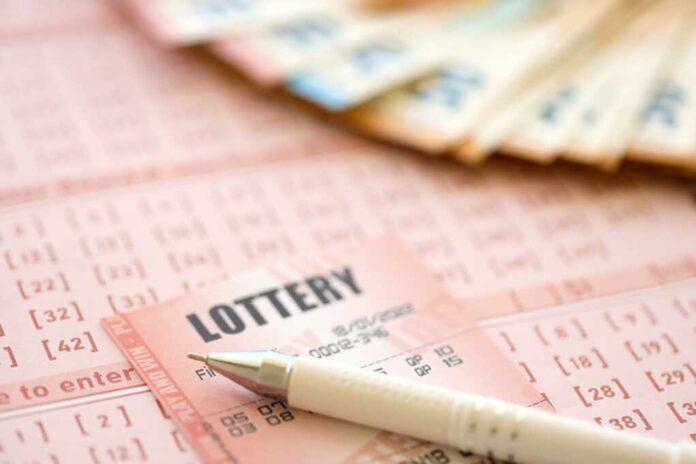
A Texas woman who won an $83.5 million lottery jackpot is suing state officials after being denied her prize—despite holding a verified ticket—because she used a third-party courier app to play.
At a Glance
- A woman is suing the Texas Lottery after not receiving her $83.5M prize, despite holding a validated winning ticket.
- She bought the ticket via Jackpocket.com, a legal third-party courier service at the time.
- A rule change banning such couriers occurred days after her ticket purchase.
- The lawsuit claims the lottery is using the rule change to dodge payment.
- Texas lawmakers are now considering dismantling the Lottery Commission entirely.
A Deal Is a Deal—or Is It?
The anonymous winner matched all six numbers in the February 17 draw and claimed her prize through Jackpocket.com, which acquired the ticket from an Austin retailer. But weeks later, the Texas Lottery Commission refused to pay, citing concerns over how the ticket was purchased—even though the commission’s own site confirmed the win and validated the ticket.
“I’m being treated as the bad guy,” the woman said, frustrated by the lottery’s refusal to honor her claim. Her lawsuit, filed against acting deputy executive director Sergio Rey, accuses the commission of changing the rules post-win and retroactively using that change to avoid paying her.
Watch a report: Texas Lottery Winner Sues Over $83.5M Payout
Rule Change Sparks Legal Firestorm
Just days after the winning ticket was purchased, Texas banned all third-party courier services—companies like Jackpocket that buy tickets on customers’ behalf. The commission’s rationale? Security and transparency. As former executive director Ryan Mindell explained, the lottery was designed to function solely through licensed, in-person retailers.
Critics argue the timing was suspiciously convenient. The plaintiff’s lawyers accuse the state of stalling to avoid the payout, writing: “Lotteries with integrity pay the winners… Anything short of that destroys the integrity of the lottery and shatters the confidence of those who play it.”
Fallout Reaches the Capitol
The controversy has escalated into a statewide scandal. Governor Greg Abbott has ordered a probe into the February 17 draw. Lieutenant Governor Dan Patrick, citing public concern, has called for sweeping reforms. The Texas Senate even passed a bill to dismantle the Lottery Commission entirely—transferring oversight to the Department of Licensing and Regulation. The legislation now awaits a vote in the House.
Meanwhile, the Texas Rangers and the Attorney General’s Office have launched investigations into the role of courier services in other high-stakes winnings. With public trust in the lottery system on the line, this case could reshape how games of chance are regulated in the Lone Star State.
Whether the woman walks away with $83.5 million—or becomes a cautionary tale for app-based players—her fight is far from over. And for the Texas Lottery Commission, the gamble may just backfire.


























